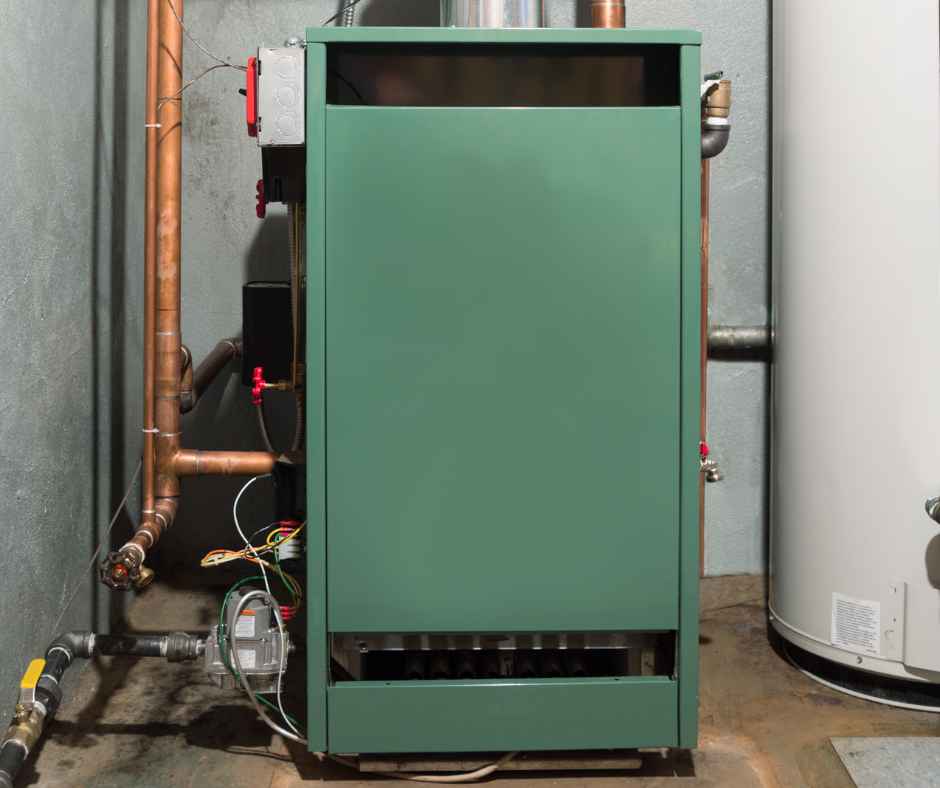Closed: Sun for God + Family time

HVAC Emergencies Unveiled: The Top 5 Most Common Issues
The Top 5 Most Common HVAC Emergencies and How to Handle Them
HVAC (heating, ventilation, and air conditioning) systems play an important role in maintaining indoor comfort and air quality. However, like any other mechanical system, they can experience emergencies or malfunctions that can be disruptive and costly. What are the most common HVAC emergencies, and how do you handle them?
No Heat or Air Conditioning
If your HVAC system is not providing any heat or air conditioning, it can be due to several reasons. The first thing you should check is the thermostat. Make sure it is set to the correct temperature and mode. If the thermostat is working correctly, then check the circuit breaker or fuse to see if it has tripped or blown. If it has, reset it and check if the system is working again.
If the circuit breaker or fuse is not the issue, then the problem could be a faulty compressor, motor, or refrigerant leak. In this case, you should contact an HVAC technician for assistance. An HVAC technician can diagnose the problem and provide the necessary repairs.
Frozen Evaporator Coils
If your HVAC system’s evaporator coils are frozen, this could be a sign of a clogged air filter or low refrigerant levels. The evaporator coils play a critical role in removing heat from the air and cooling your home. When they freeze, your system will not be able to provide cool air.
To remedy the problem, turn off the system and let the ice thaw completely. Do not try to remove the ice manually as this can damage the coils. Change the air filter and contact an HVAC technician to check and refill the refrigerant levels. If the refrigerant levels are low, it could indicate a leak in the system, and a professional HVAC technician will need to locate and fix the leak.
Strange Noises
Unusual sounds coming from your HVAC system, such as banging, rattling, or squealing, could indicate a loose or broken component, such as a fan blade or belt. These noises can be irritating and disrupt your comfort. Moreover, if left unaddressed, they can lead to more severe problems that can be more costly to repair.
Turn off the system and contact an HVAC technician to inspect and repair the problem. An HVAC technician can diagnose the issue and provide the necessary repairs to ensure your system runs efficiently and quietly.
Water Leaks
Water leaks around your HVAC system could indicate a blocked or broken condensate drain line or a faulty condensate pump. The condensate drain line removes the water produced by the HVAC system. If the drain line becomes blocked or broken, the water can overflow and cause damage to your home.
Turn off the system and clean any standing water, then contact an HVAC technician to fix the problem and prevent further water damage. An HVAC technician can identify the cause of the water leak and repair or replace the necessary components to prevent future leaks.
Electrical Issues
If you notice sparks or burning smells coming from your HVAC system, turn off the system immediately and call an HVAC technician. Electrical issues can be dangerous and should only be handled by a professional. Do not try to repair electrical problems on your own as this can be hazardous and cause further damage to your system.
An HVAC technician can diagnose the electrical issue and provide the necessary repairs to ensure your system runs safely and efficiently. Electrical issues can be caused by faulty wiring or damaged components, and an HVAC technician can replace the damaged parts and ensure your system operates correctly.
Preventing HVAC Emergencies
While some HVAC emergencies are unavoidable, you can take steps to prevent many of them. The most important step is to schedule regular maintenance and inspections with an HVAC technician. Regular maintenance can help identify potential issues before they become emergencies and ensure your system runs efficiently.
Here are some other preventive measures you can take to prevent HVAC emergencies:
Change Your Air Filters
Changing your air filters regularly can prevent many HVAC emergencies. A dirty air filter can restrict airflow, which can cause your system to overwork and break down. Moreover, it can also affect your indoor air quality and cause health problems, especially for people with allergies or respiratory issues.
To prevent this, change your air filters every 1-3 months, depending on usage and the type of filter you have. If you have pets, allergies, or live in an area with high levels of pollution, you may need to change your filters more frequently.
Keep Your Outdoor Unit Clean
The outdoor unit of your HVAC system can accumulate dirt, debris, and leaves, which can obstruct airflow and cause your system to work harder than necessary. To prevent this, clean your outdoor unit regularly, especially during the fall and spring months when leaves and debris are more prevalent.
Use a garden hose to rinse off any dirt or debris from the unit. Do not use a pressure washer as this can damage the fins and coils of the unit. Moreover, ensure that there is adequate clearance around the unit, and there are no obstructions that can limit airflow.
Install a Programmable Thermostat
Installing a programmable thermostat can help prevent HVAC emergencies and save you money on energy bills. A programmable thermostat allows you to set the temperature according to your schedule, so your system does not have to work unnecessarily when you are not at home.
Moreover, some models also allow you to monitor and adjust the temperature remotely, so you can ensure your home is comfortable when you return. By using a programmable thermostat, you can reduce the wear and tear on your system and prevent emergencies caused by overworking your system.
Schedule Regular Maintenance
Scheduling regular maintenance visits is another effective way to prevent HVAC emergencies. Professional technicians can identify and fix small issues before they turn into major problems that can cause your system to break down. Moreover, regular maintenance visits can also help keep your system running efficiently, which can reduce energy bills and extend the life of your system.
It is recommended that you schedule maintenance visits twice a year, once in the spring and once in the fall, to ensure that your system is in top condition for the upcoming heating and cooling seasons. By taking proactive steps like scheduling regular maintenance visits, you can ensure that your HVAC system runs smoothly and avoid the frustration and cost of unexpected emergencies.
–
HVAC emergencies can be frustrating and costly, but by taking preventive measures, you can minimize the risk of experiencing them. Regular maintenance, changing air filters, cleaning your outdoor unit, and installing a programmable thermostat are simple steps you can take to keep your system running efficiently and prevent emergencies. If you do experience an HVAC emergency, turn off the system and contact an HVAC technician for professional assistance.
Share This Story, Choose Your Platform!
Recent News
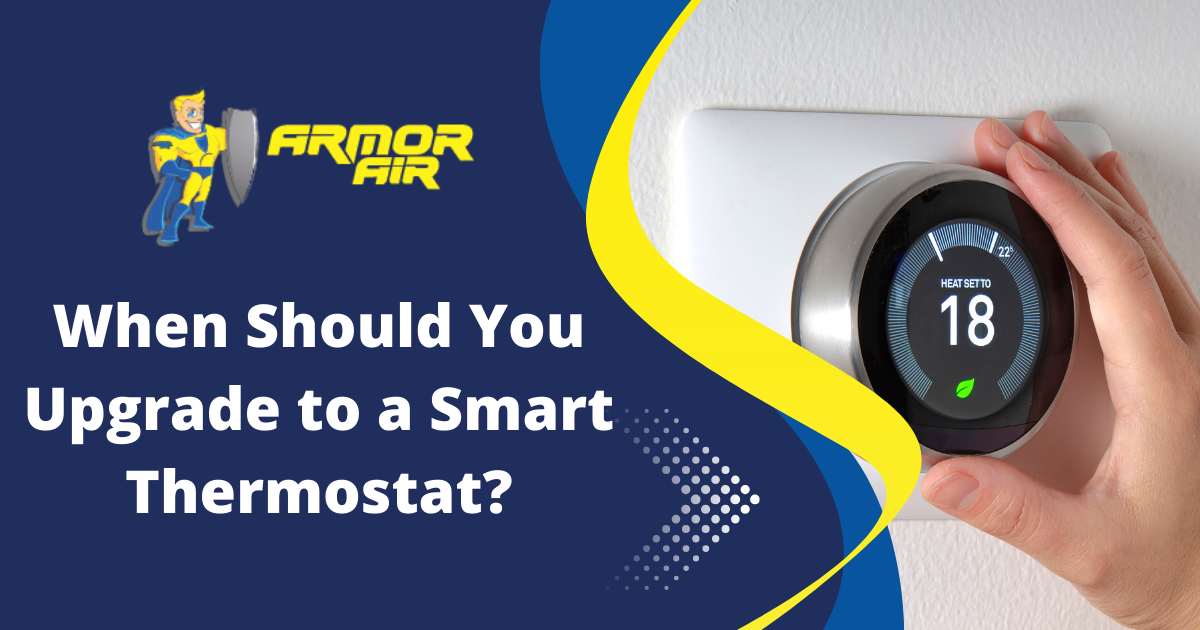
When Should You Upgrade To a Smart Thermostat?
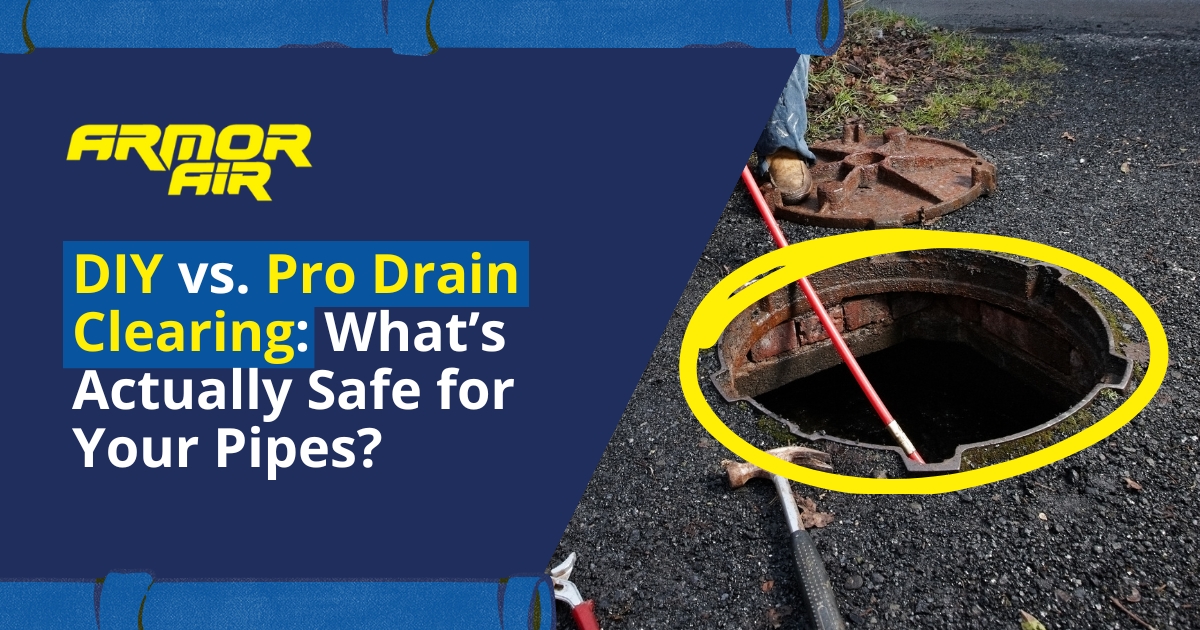
DIY vs. Pro Drain Clearing: What’s Actually Safe for Your Pipes?
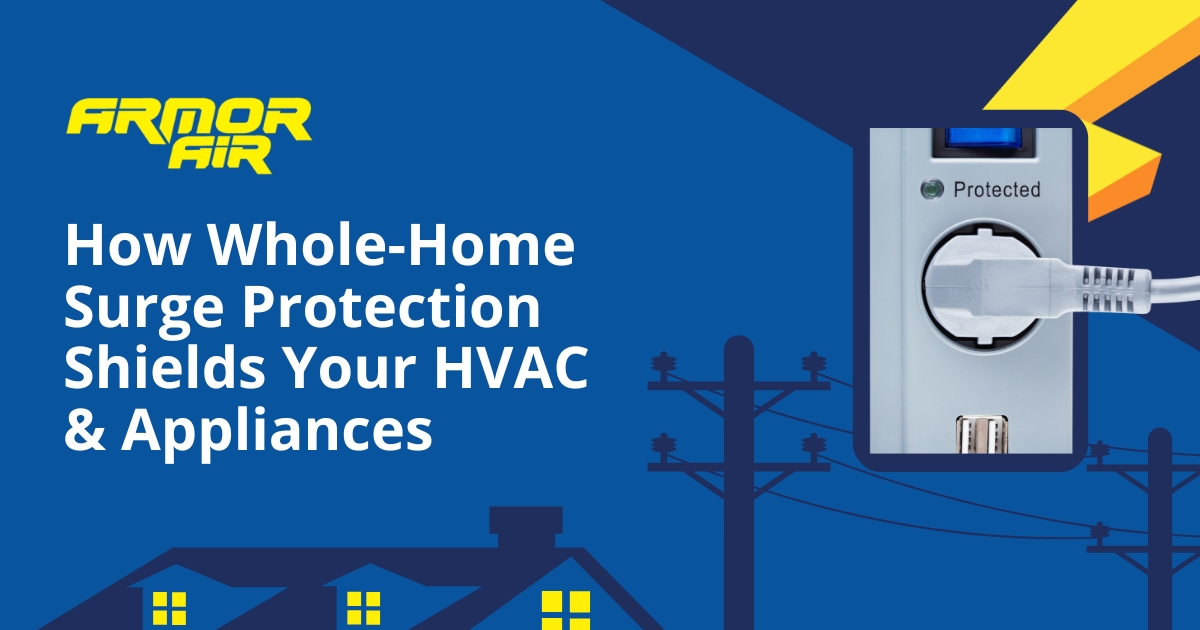
How Whole-Home Surge Protection Shields Your HVAC & Appliances

Top 5 Causes of AC Breakdowns During Indiana Heatwaves
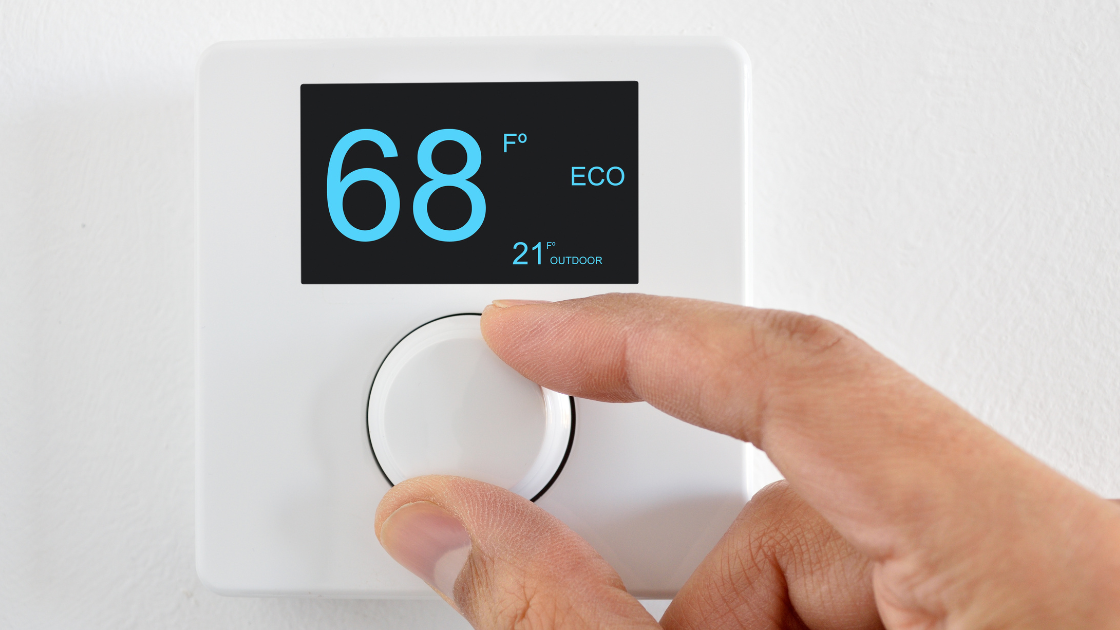
Help! My Heater Won’t Turn Off
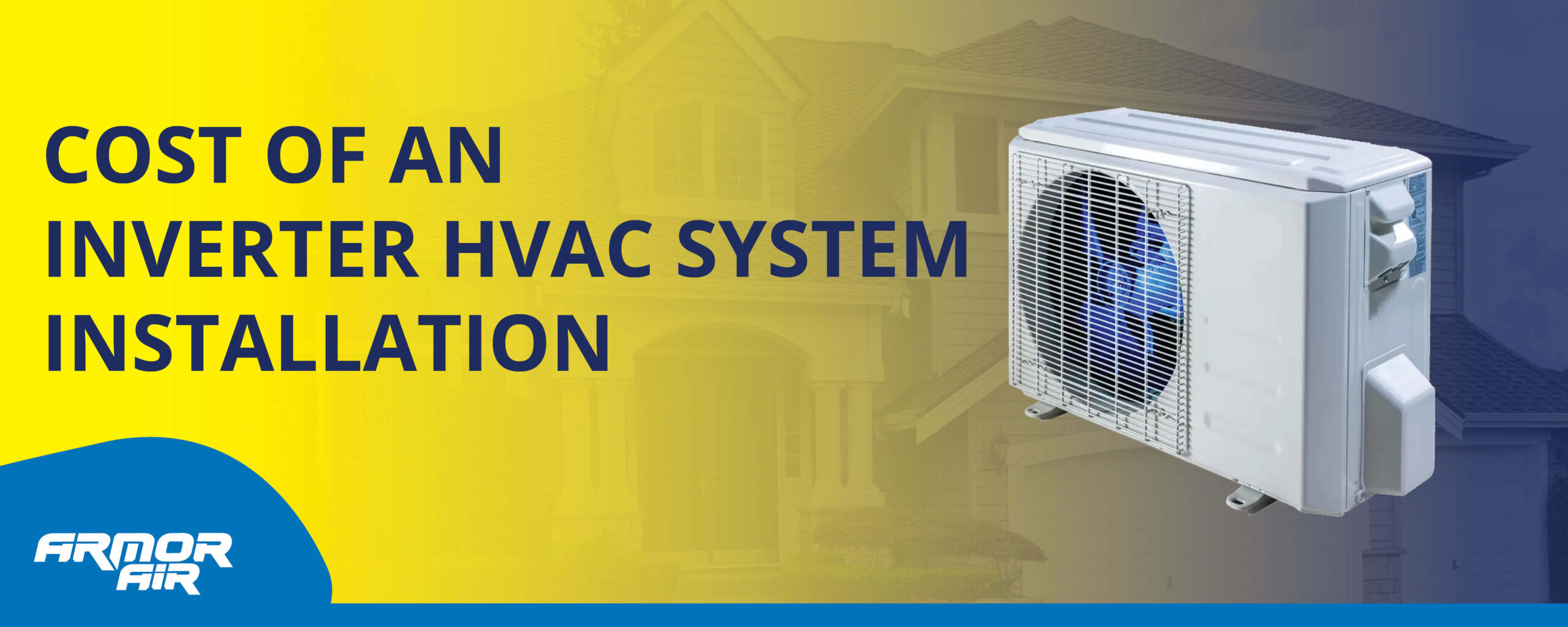
How Much Does an Inverter HVAC System Installation Cost (2025)
